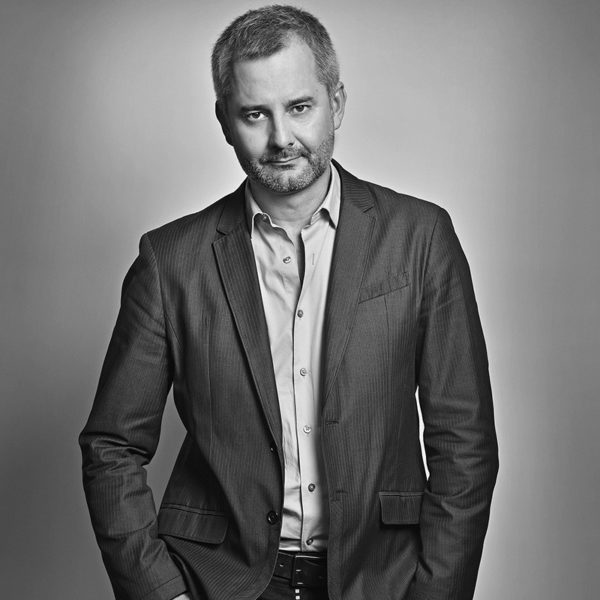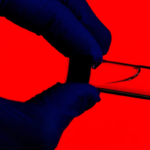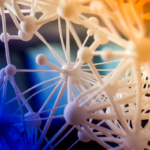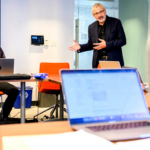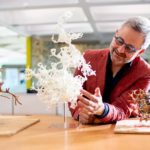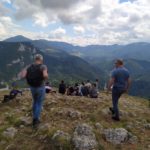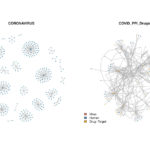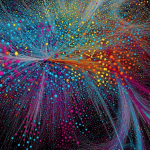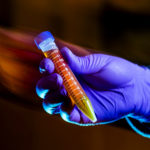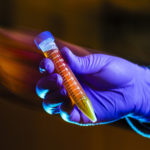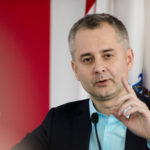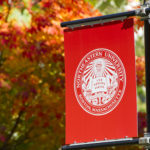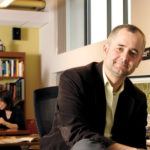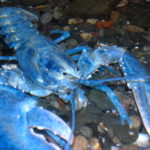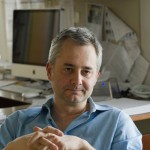About Albert-Laszlo Barabasi
Just about every field of research is confronted with networks. Metabolic and genetic networks describe how proteins, substrates and genes interact in a cell; social networks quantify the interactions between people in the society; the Internet is a complex web of computers; ecological systems are best described as a web of species. In all these fields the detailed knowledge of the components is insufficient to describe the whole system. Since 1960, when Paul Erdos introduced the influential random graph theory, complex networks have been modeled as fundamentally random graphs. Our work has mounted a serious challenge to this view. By investigating the topology of the World Wide Web, Internet, cellular and social networks, we discovered that networks in nature follow a common blueprint, having scale-free characteristics. These results represent a significant paradigm shift: scale-free networks and the associated dynamic network modeling are a completely unexpected turn of events with a strong impact on every research area for which networks are relevant. We are currently exploring a wide range of network structures, asking questions pertaining to the error and attack tolerance of complex networks, their robustness, and trying to address the dynamics of networks in general. We are also pursuing a strong research program applying network theory to biological systems, aiming to uncover the inner chemical architecture of the cell.
Prof. Barabasi is a joint appointment between the College of Science and the College of Computer and Information Science.
The Center’s objective is simple: think networks. Research focuses on how networks emerge/evolve, how they look, and how they impact our understanding of complex systems. CCNR’s research has developed to unexpected areas, including the topology of the World Wide Web; complex networks inside the cell, and the Internet’s Achilles’ Heel.
The NSI works to discover and inspire fundamentally new ways to measure, model, predict and visualize meaningful interactions and interconnectivity of social, physical and technological systems. Faculty include: Alessandro Vespignani, Albert-Laszlo Barabasi, Dima Krioukov, Samuel Scarpino.
Publications:
-
Google ScholarRead
